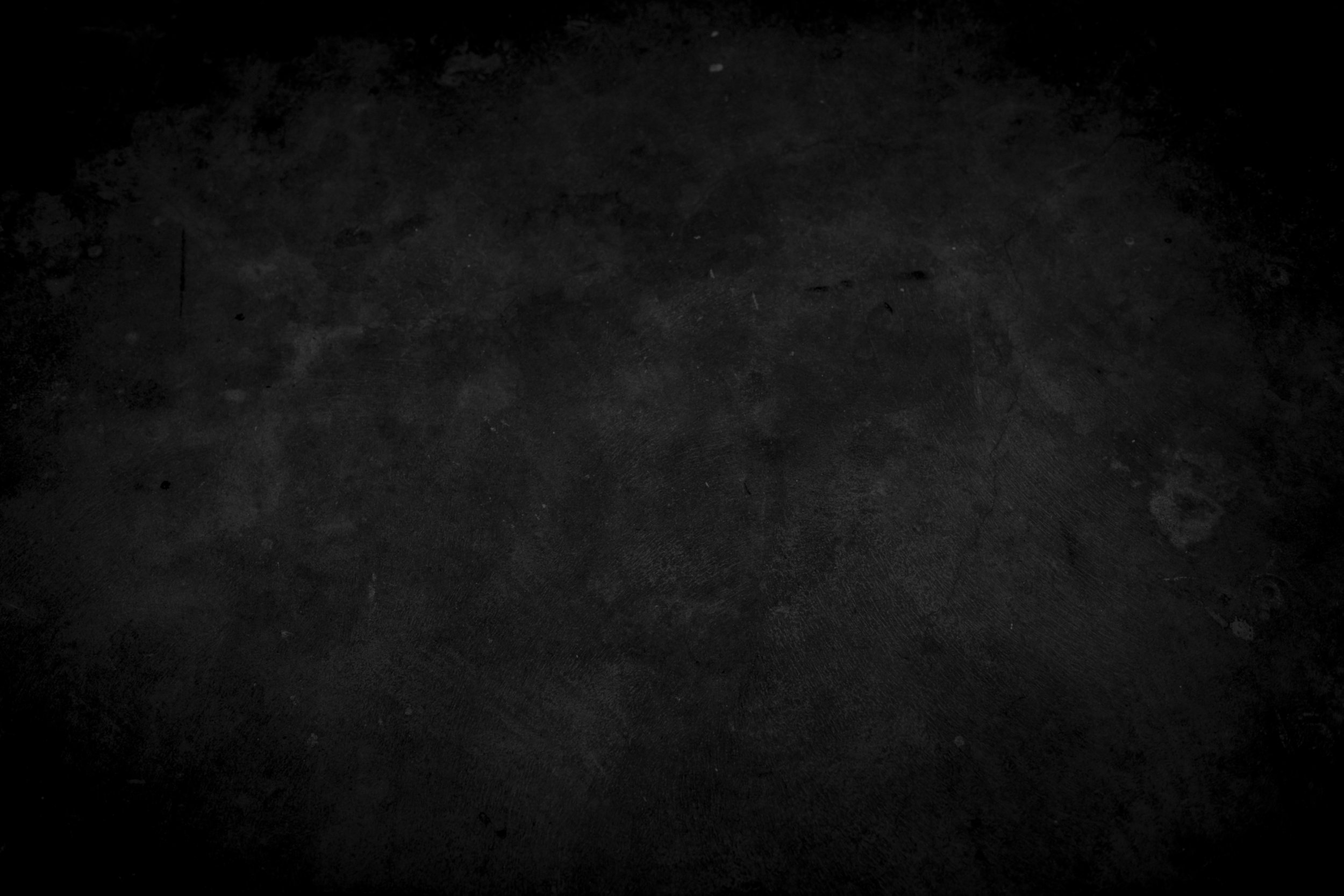
WATER DAMAGE

Remediating water damage is a crucial process to prevent further destruction and the growth of mold and other contaminants. The steps involved in water damage remediation may vary depending on the extent of the damage, but here is a general guide:
Safety first:
Ensure that the affected area is safe to enter. Turn off electricity and gas if necessary.
Use personal protective equipment (PPE) such as gloves and masks to protect yourself from potential hazards.
Assessment:
Determine the source of the water damage and address it to prevent further water intrusion.
Assess the extent of the damage and categorize it based on the source (clean water, gray water, or black water).
Water removal:
Extract standing water using pumps, wet/dry vacuums, or other water extraction tools.
Remove wet carpets, rugs, and other items from the affected area.
Drying:
Use dehumidifiers and industrial fans to dry out the affected area thoroughly.
Open windows and doors to facilitate ventilation.
Mold prevention:
Treat affected areas with mold inhibitors.
Monitor humidity levels and address any moisture issues promptly.
Cleaning and disinfecting:
Clean and disinfect all surfaces to prevent the growth of mold and bacteria.
Use appropriate cleaning agents and antimicrobial solutions.
Documentation:
Document the damage for insurance purposes. Take photographs and make a list of damaged items.
Remember that the severity of water damage can vary, and it's essential to tailor the remediation process to the specific situation.
Call the experts at Alabama Mold and Water today for all your Birmingham, AL Water Restoration needs!
Water Damage Restoration. Birmingham, AL



